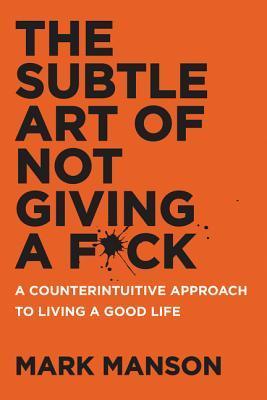
Hope for Cynics: The Surprising Science of Human Goodness
Pages: 288
|Published: 3 Sep 2024
Description
Cynicism is making us sick; Stanford Psychologist Dr. Jamil Zaki has the cure—a “ray of light for dark days” (Adam Grant, #1 New York Times bestselling author).
For thousands of years, people have argued about whether humanity is selfish or generous, cruel or kind. But recently, our answers have changed. In 1972, half of Americans agreed that most people can be trusted; by 2018, that figure had fallen to 30%. Different generations, genders, religions, and political parties can’t seem to agree on anything, except that they all think human virtue is evaporating.
Cynicism is a perfectly understandable response to a world full of injustice and inequality. But in many cases, cynicism is misplaced. Dozens of studies find that people fail to realize how kind, generous, and open-minded others really are. And cynical thinking worsens social problems, because our beliefs don’t just interpret the world—they change it. When we expect people to be awful, we coax awfulness out of them. Cynicism is a disease, with a history, symptoms–and a cure. Through science and storytelling, Jamil Zaki imparts the secret for beating back cynicism: hopeful skepticism. This approach doesn’t mean putting our faith in every politician or influencer. It means thinking critically about people and our problems, while simultaneously acknowledging and encouraging our strengths. Far from being naïve, hopeful skepticism is a more precise way of understanding others, and paying closer attention re-balances how you think about human nature. As more of us do this, we can take steps towards building the world we truly want.
For thousands of years, people have argued about whether humanity is selfish or generous, cruel or kind. But recently, our answers have changed. In 1972, half of Americans agreed that most people can be trusted; by 2018, that figure had fallen to 30%. Different generations, genders, religions, and political parties can’t seem to agree on anything, except that they all think human virtue is evaporating.
Cynicism is a perfectly understandable response to a world full of injustice and inequality. But in many cases, cynicism is misplaced. Dozens of studies find that people fail to realize how kind, generous, and open-minded others really are. And cynical thinking worsens social problems, because our beliefs don’t just interpret the world—they change it. When we expect people to be awful, we coax awfulness out of them. Cynicism is a disease, with a history, symptoms–and a cure. Through science and storytelling, Jamil Zaki imparts the secret for beating back cynicism: hopeful skepticism. This approach doesn’t mean putting our faith in every politician or influencer. It means thinking critically about people and our problems, while simultaneously acknowledging and encouraging our strengths. Far from being naïve, hopeful skepticism is a more precise way of understanding others, and paying closer attention re-balances how you think about human nature. As more of us do this, we can take steps towards building the world we truly want.





